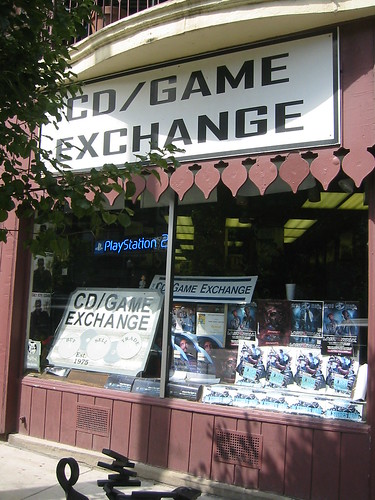By fostering a culture of cybersecurity awareness, implementing stringent preventive measures, and collaborating with law enforcement, individuals and businesses can collectively combat the menace of selling Dumps Good Fresh and work toward a safer and more secure digital landscape. As technology continues to advance, so do the tactics employed by cybercriminals to exploit stolen credit card data for financial gain. Conclusion: Selling Dumps Good Fresh is a grave manifestation of cybercrime, posing significant threats to both individuals and the integrity of digital transactions.
After receiving payment, they disappear, leaving customers with neither the promised product nor a refund. Fraudsters create fake online stores or listings, enticing shoppers with unrealistically low prices. Online Shopping Fraud: Online platforms have become breeding grounds for credit card fraud. Understanding Dumps Good Fresh: “Dumps” typically refer to stolen credit card data that includes sensitive information like card numbers, expiration dates, and CVV codes.
 The term “Good Fresh” implies that the stolen data is recent and still viable for use in fraudulent transactions. This article aims to shed light on the dark practice of selling Dumps Good Fresh, outlining its implications for both individuals and the broader digital landscape. In the intricate world of cybercrime, the term “Dumps Good Fresh” raises alarming concerns about the illicit activities associated with stolen credit card data. This type of unauthorized access to personal data is a breach of privacy laws and ethical standards.
The term “Good Fresh” implies that the stolen data is recent and still viable for use in fraudulent transactions. This article aims to shed light on the dark practice of selling Dumps Good Fresh, outlining its implications for both individuals and the broader digital landscape. In the intricate world of cybercrime, the term “Dumps Good Fresh” raises alarming concerns about the illicit activities associated with stolen credit card data. This type of unauthorized access to personal data is a breach of privacy laws and ethical standards.
Violation of Privacy: The sale and purchase of personal financial information in CVV shops infringe upon individuals’ privacy rights. Black Market Demand: There exists a thriving black market for stolen credit card data. Cybercriminals sell dumps to individuals seeking to engage in fraudulent activities without having to steal the data themselves. These shops enable criminals to profit from selling this sensitive information to fraudsters seeking to conduct unauthorized transactions.
What Are CVV Shops? CVV shops are online platforms where cybercriminals offer stolen credit card data, including the Card Verification Value (CVV) numbers—the three or four-digit codes on the back of credit and debit cards. Understanding BINs (Bank Identification Numbers): A BIN, or Bank Identification Number, is the first six digits of a payment card number. This identification system helps streamline transaction processing, verify card authenticity, and prevent fraud.
It carries crucial information about the card issuer, type, and even geographic location. As individuals and businesses increasingly rely on online transactions, it’s imperative to stay informed about cybersecurity risks, practice safe online behavior, and work collectively to combat the threats posed by these illicit activities.
If you have any questions pertaining to where and ways to use fullz Store – feshop.In,, you could call us at the site.
